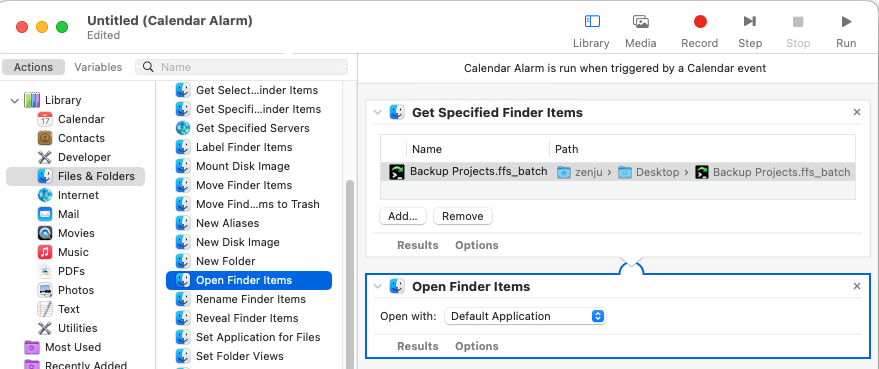

When changes are made to the codebase, it’s important to ensure that those changes are propagated to all other copies of the codebase, so that everyone is working with the latest version. Each member may have their own copy of the codebase on their local machine, and they may also have access to a shared repository or server. In a typical DevOps workflow, multiple team members are working on the same codebase or project. Why use FreeFileSyncin a DevOps workflow?

I set this to a folder to include the date and therefore maintain a copy of the older versions of the file in some destinations. It’s conflict management (version control) is also excellent – if the file already exists in the destination a duplicate of the original file will be stored within a folder of your choosing. The tool also supports a wide range of file types, including text files, images, videos, and more. With FreeFileSync, you can choose to synchronize files bidirectionally or unidirectionally, and you can also specify which files or folders to exclude from the synchronization process. It’s available for Windows, macOS, and Linux, and it supports a wide range of synchronization options. (Our corporate git-hub only allows specific developers to access repositories)įreeFileSyncis a free and open source tool that allows you to synchronize files and folders between two or more locations. In this article, we’ll explore how I use FreeFileSync in a DevOps workflow to improve collaboration and help with version control (complements Git-Hub). This is where FreeFileSync comes in – it’s a free and open source tool that makes it easy to keep files in sync across multiple machines. One of the areas where automation can be particularly beneficial is in the synchronization of files across multiple systems. In the world of DevOps, automation is key.


 0 kommentar(er)
0 kommentar(er)
